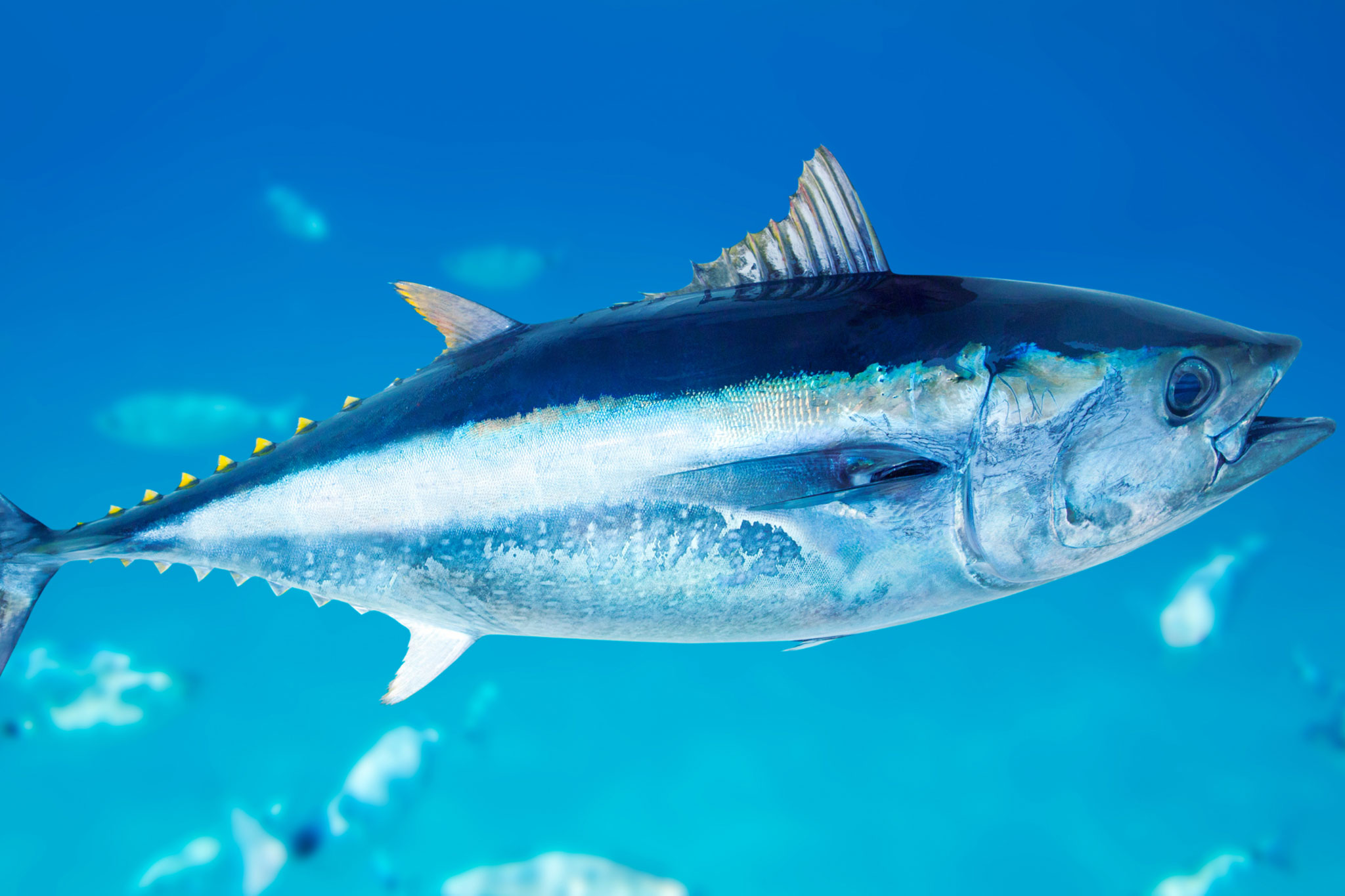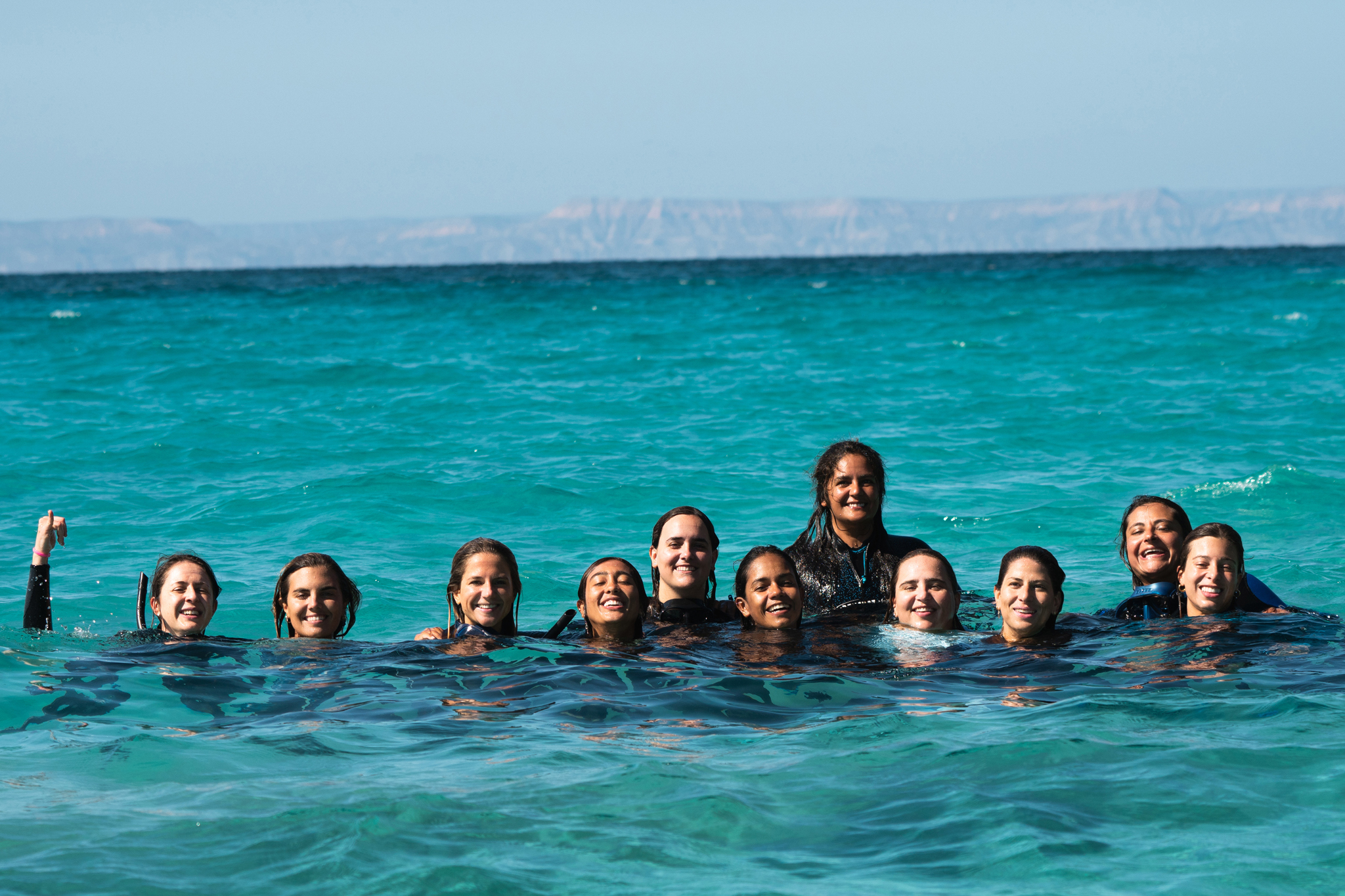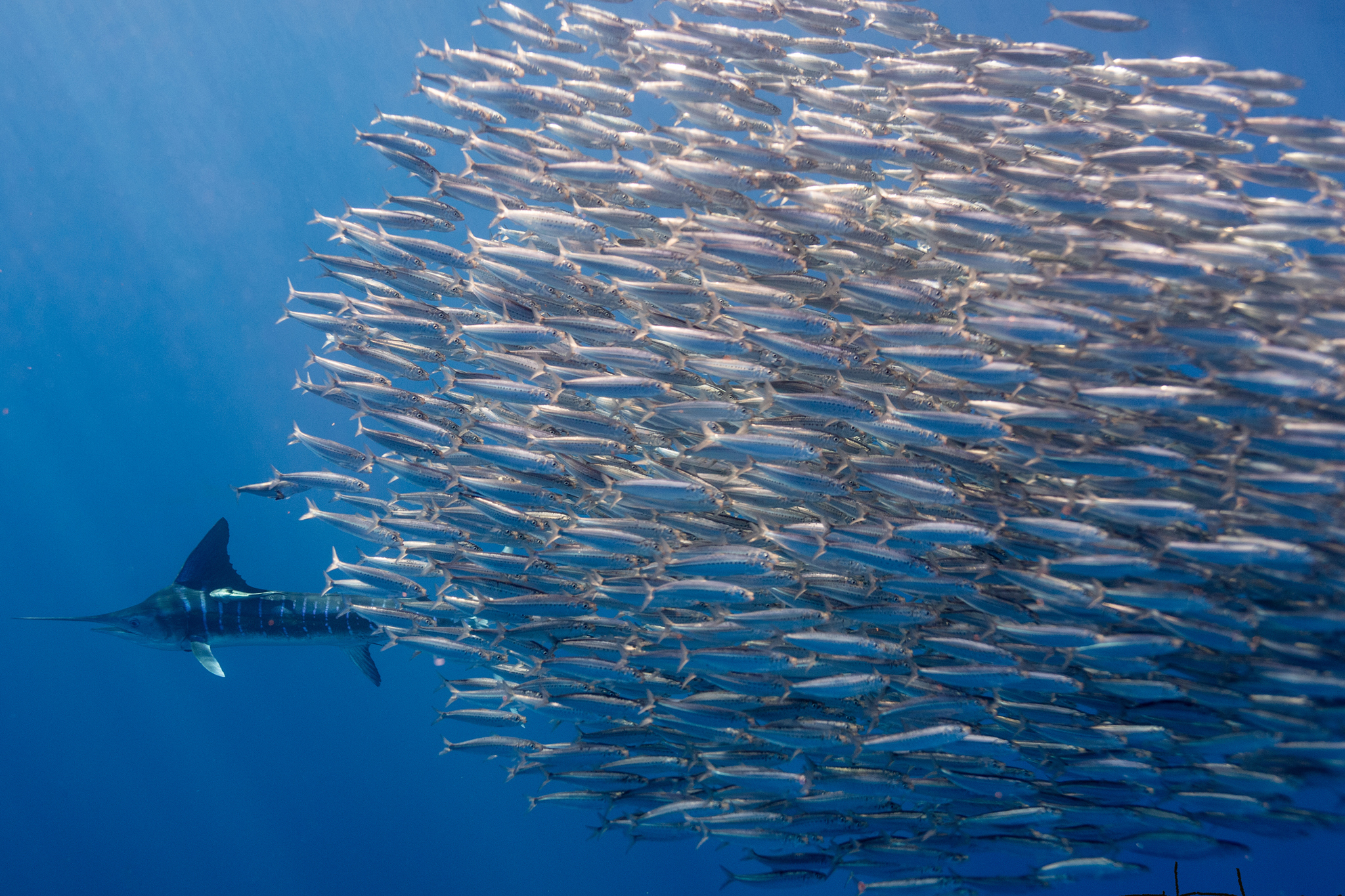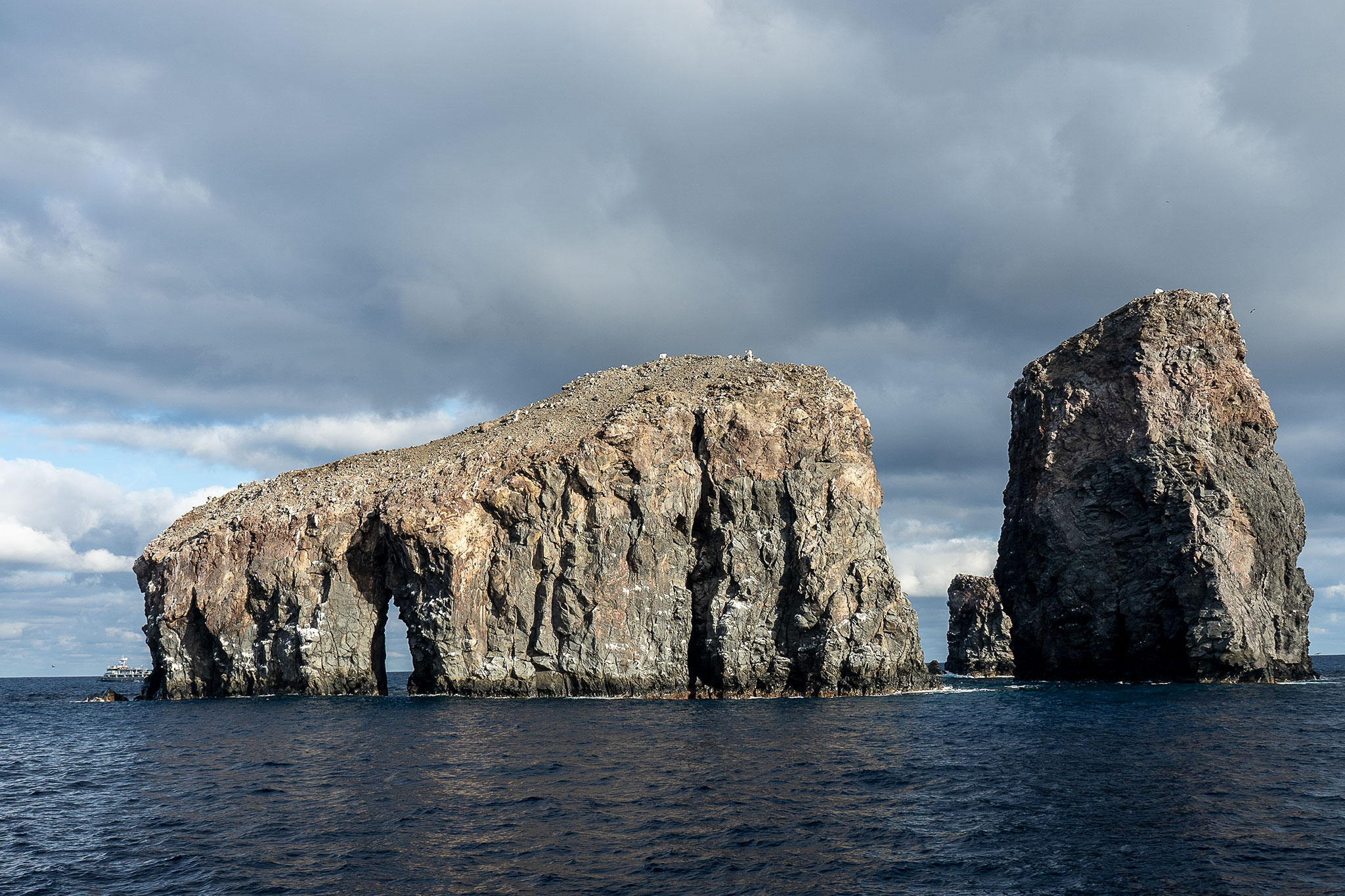We are on time to stop the devastation of the high seas
For the first time in the history of humanity we have the opportunity to make the decision as a planet whether or not to start an extractive activity globally. This would occur in the high seas, an area that is equivalent to more than 40% of the planets surface. I refer to underwater mining.
These works seek to extract minerals lesser-known ecosystems: the seabed, which is more than two thousand meters deep. The little we know about them is that they harbor a unique life that has evolved over millions of years due to the hostility and stability of their habitat. On the one hand, because of the hostility of the little to no visibility that the organisms face every day, because of the abysmal amount of pressure the hundreds of kilos of water above them, and because of the freezing temperatures that slow down the speed of their flight. movement and growth of each individual down to the molecular level. On the other hand, for stability, because these habitats are very similar today to what they were more than ten thousand years ago.
Underwater mining has several impacts. First, direct biodiversity loss mining the substrate of life-supporting minerals, such as polymetallic nodules, cobalt crusts, and hydrothermal windows, and also biodiversity loss all sediment filled with organic matter and known heavy metals, such as plumes of sediment, which will be kicked up as minerals are mined, which can be transported more than a hundred miles around before settling, suffocating some organisms and disrupting others. This activity is planned to start in gigantic concession areas such as the Clarión-Clipperton strip off Mexico, areas that have current mining exploration concessions (not yet exploited), which add up to an area greater than the continental United States.
More than 700 scientists around the world have spoken out, demanding a pause in the regulations and several countries in our region such as the Dominican Republic, Panama, Costa Rica, Ecuador and Chile have joined the request of other countries by requesting a precautionary pause. For example, France called for a complete ban, and President Macron has said that he will never accept any type of extractive activity on the seabed. Meanwhile, leading global companies such as BMV, Samsung, Google and Volvo support a moratorium and have indicated that they will not buy minerals that come the deep sea.
It is noteworthy that Mexico has an important international voice to be able to demand the preservation of its marine ecosystem, eventually located in front of one of the main exploitation areas. However, its ambassador to Jamaica and representative at the International Seabed Authority (ISA), Juan José Mijares, is strongly promoting the regulations. The assembly will resume discussions this July. Will Mexico align with the global request for a moratorium? Lets hope so.
Daniel Cáceres Bartra | Sustainable Ocean Alliance (SOA)











































































































